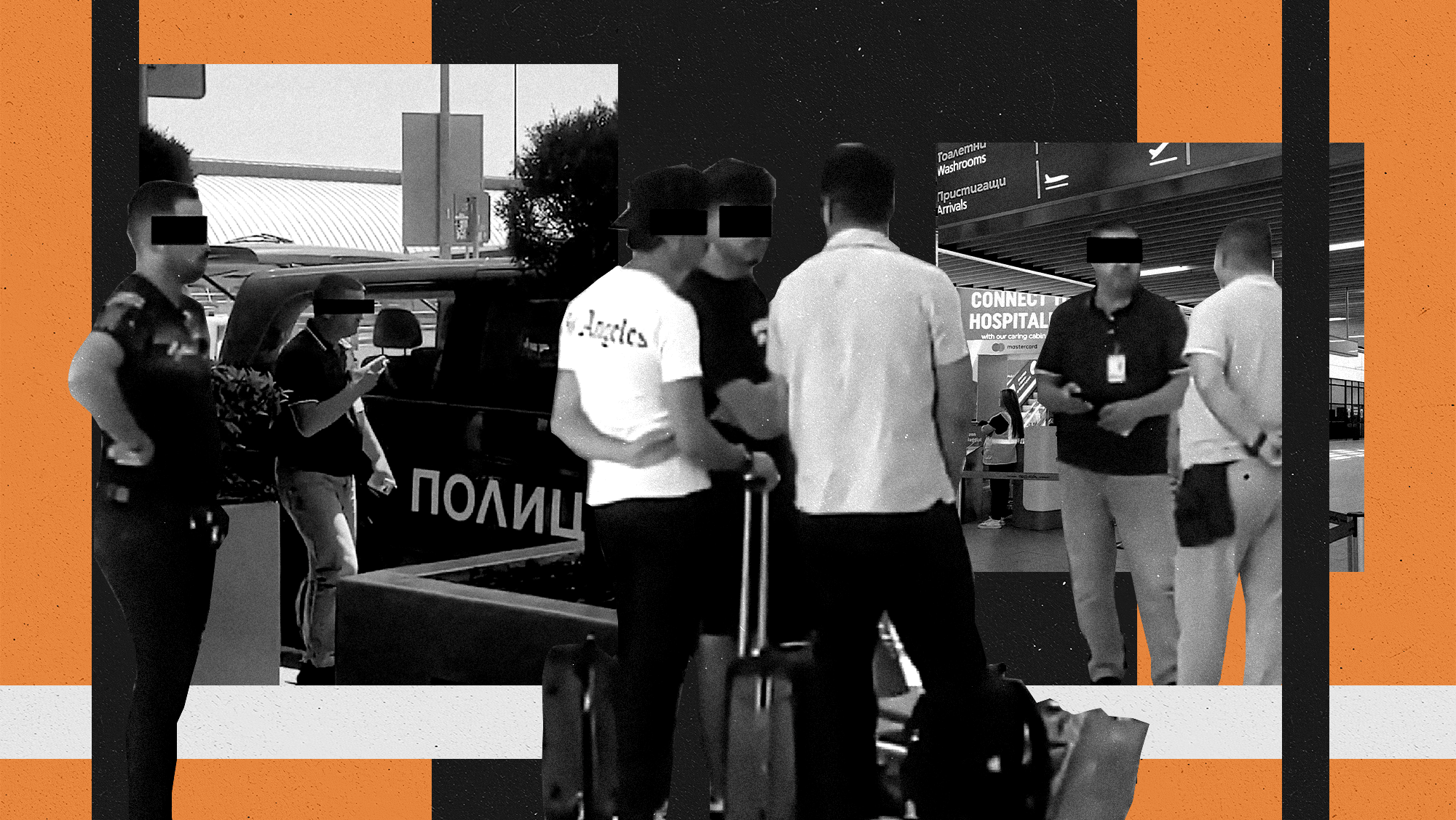Framed as a humane alternative to deportation, so-called voluntary returns have become one of the EU’s favoured migration management tools. But behind the veneer of voluntariness lies a different reality, where the line between choice and coercion is completely blurred.
This cross-border investigation focuses on Greece and Bulgaria, two of Europe’s key laboratories for EU-funded Assisted Voluntary Return and Reintegration (AVRR) schemes.
In Greece, the investigation exposed how Greece’s AVRR programme, implemented by the International Organisation for Migration (IOM) at a cost of over €1 million per month, has failed on nearly every front: unable to meet targets, riddled with bureaucratic confusion, and plagued by reports of coercion, misinformation and broken promises. In spite of this, Greece is ramping up the programme, offering rejected asylum seekers in the country a stark choice: return, or prison.
In Bulgaria, the story turns to Europe’s unwanted Syrian population. While Syrians cannot be forcibly returned from the EU, so-called voluntary returns offer a loophole for Bulgarian authorities to deport them. “Consent” is obtained under duress, often from detainees who have spent months in deteriorating conditions, or fear re-arrest. The investigation reveals internal inconsistencies and legal loopholes that allow Bulgarian authorities to circumvent EU and national laws.
Deportation Deception unravels the coercive machinery that sustains Europe’s fiction of humane deportations.
See the stories below.
